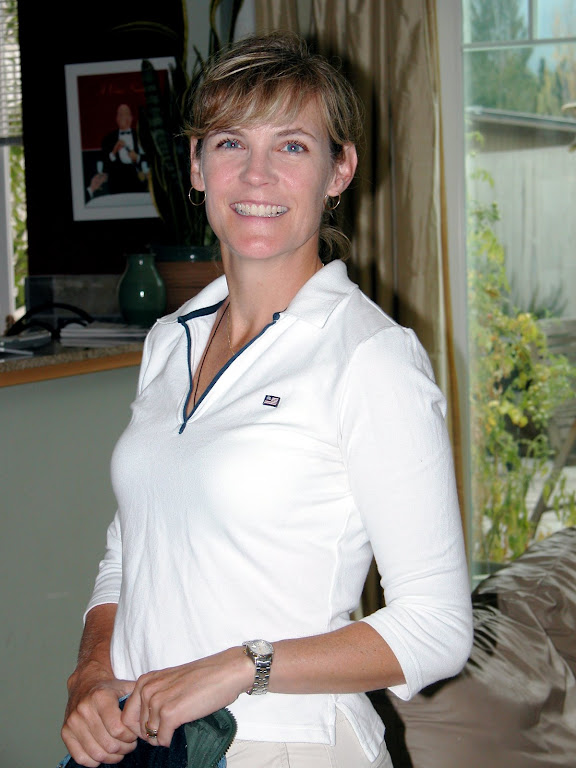 He was born in 1920 and couldn't wait to leave the farm in rural Wisconsin as soon as possible. This included pumping gas on the outskirts of Chicago for his father-in-law in the late 30s. The stimulus packages in those days didn't seem to take effect until spending on the War really picked up, though Mr Keynes assured everyone that massive government spending was the thing to do. Who knows, maybe it will work this time, especially if our politicians get it passed as quickly as possible. Then, if the economy is resuscitated, our politicians will take credit. If it goes further into the crapper I'm sure there will be some reasonable explanation as to why it didn't work.
He was born in 1920 and couldn't wait to leave the farm in rural Wisconsin as soon as possible. This included pumping gas on the outskirts of Chicago for his father-in-law in the late 30s. The stimulus packages in those days didn't seem to take effect until spending on the War really picked up, though Mr Keynes assured everyone that massive government spending was the thing to do. Who knows, maybe it will work this time, especially if our politicians get it passed as quickly as possible. Then, if the economy is resuscitated, our politicians will take credit. If it goes further into the crapper I'm sure there will be some reasonable explanation as to why it didn't work.That is me on the left and my brother Gerald on the right, with Dad on the south side of Chicago, before he was drafted around 1943. I think we lived on a dead end street about 145th St if I my memory doesn't completely fail me. Would that be in Harvey, IL?
I didn't know that my father could hit a baseball, so when he came home from the War, completely bald by this time, which I thought meant that he was very old, though only in his late 20s, I was a little worried when he told me he was going to play for Hustisford in the Sunday afternoon Rock River League. He claimed to be able to see the stitches on the ball soon after the pitcher released it. I could barely see the ball, a fuzzy white thing, but I believed him because he always hit to the right side, and often, if he was playing against a catcher who didn't know his habit of swinging very late, he would pick up a base for catcher interference. The shortstops in the Rock River League always cheated toward 2nd base when he came up, though I don't think anyone actually played on the other side of the bag. He could certainly hit better than I could. I was lucky enough to play on the same team he did as a 15 year old, which is when he started in the mid-30s I found out later. Only he managed 7 hits in a double header that day, according to my mother, one of his early fans.
 He did whatever he needed to do to earn a living including being a butcher and running a meat market, until he finally figured out his true vocation which was a small-time local politician. In those days I don't think to call someone a "politician" was an insult. He discovered this calling around age 40. When he asked me if I knew what I was doing when we moved to Billings, when I was about 40, I reminded him of his own work history: he smiled and we passed on. Oh yes, did I mention that he and my mother ran a tavern for a few years between Hustisford and Horicon. That's him with Carol behind the bar. He didn't smile a lot in those days as I recall.
He did whatever he needed to do to earn a living including being a butcher and running a meat market, until he finally figured out his true vocation which was a small-time local politician. In those days I don't think to call someone a "politician" was an insult. He discovered this calling around age 40. When he asked me if I knew what I was doing when we moved to Billings, when I was about 40, I reminded him of his own work history: he smiled and we passed on. Oh yes, did I mention that he and my mother ran a tavern for a few years between Hustisford and Horicon. That's him with Carol behind the bar. He didn't smile a lot in those days as I recall.His cigarette and cigar habit finally caught up with him in his mid-60s when he died, exquisitely slowly as I remember it, from a metastatic lung cancer. No one could reasonably control his bone pain. I remember him asking me if I could speed up the process of dying. When I said I could not, he gave me one of those "What good are you then" looks and turned away slowly and painfully.










No comments:
Post a Comment